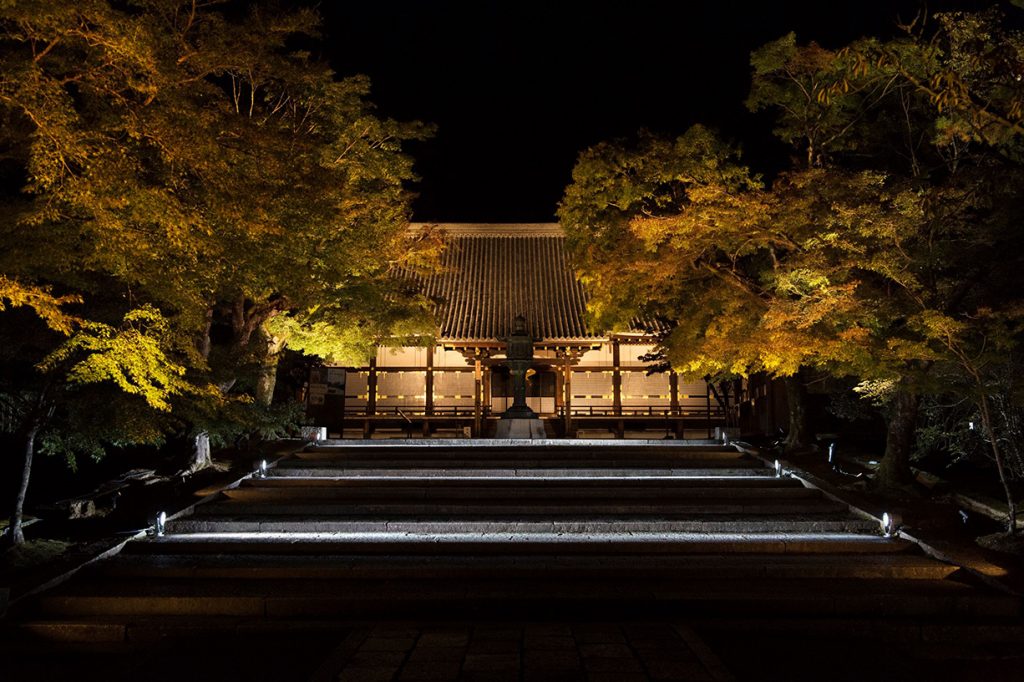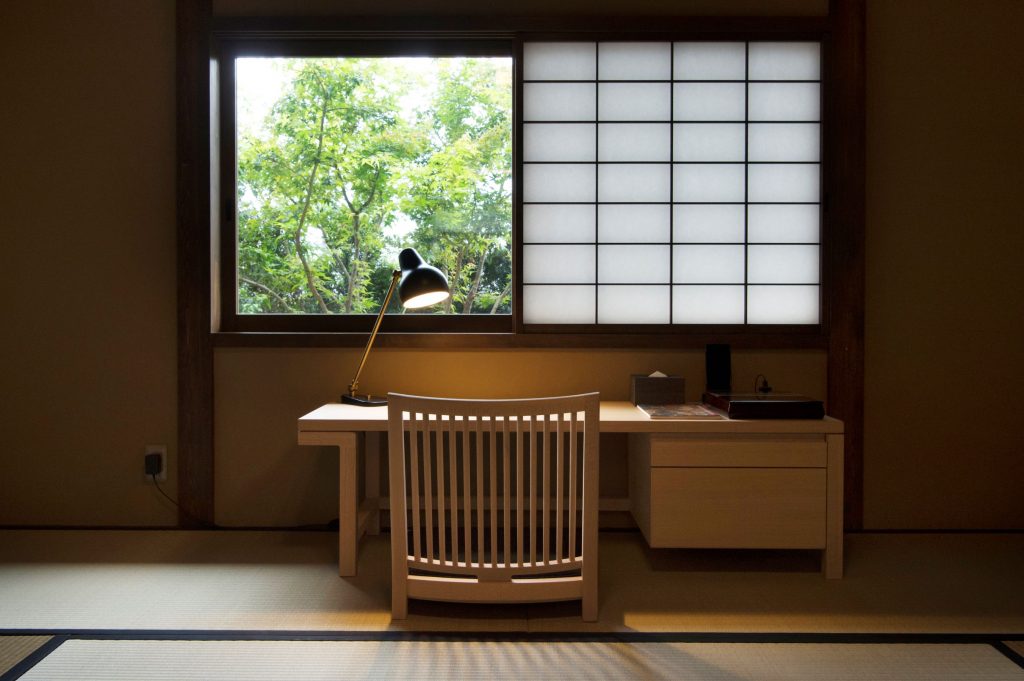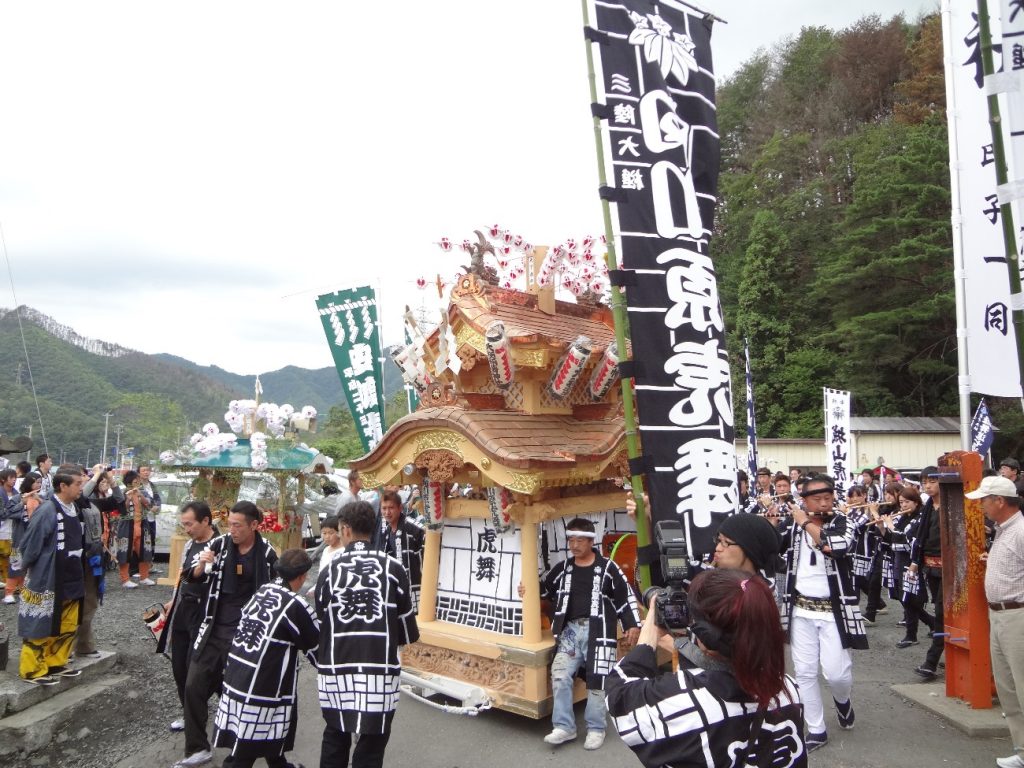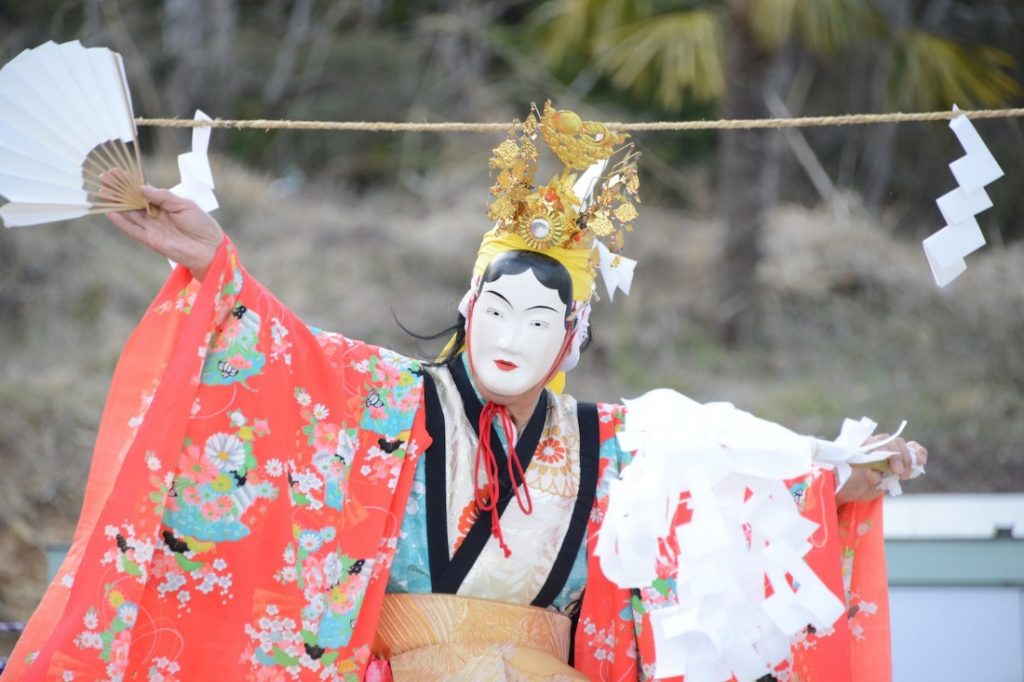Iroha Nihon – Experience the Soul of Japan

Iroha Nihon
Iroha Nihon is a project aimed at tourists from overseas who are interested in Japanese culture, providing them with a limited cultural program not otherwise available while staying at a temple or other historic building not generally open to the public. The aim of the project is to promote an appreciation of the value of Japanese culture, and to increase understanding of Japan and interest in Japanese cultural properties, both overseas and within Japan. In addition, a portion of the program’s fees are used to preserve cultural properties as a way of passing on Japanese culture to future generations.

The Iroha Nihon Program
Guests can experience Japanese culture through a variety of activities including zazen seated Zen meditation, sutra chanting, the tea ceremony, one-on-one conversation with the temple’s priests, viewing cultural properties not generally on public display, and strolling around the temple grounds after the temple has closed for the evening. The specific activities available differ depending on the temple. One of the program’s special features is that tailored experiences can be provided in response to guests’ requests.
List of participating temples
(Note: The Rinzai school of Zen Buddhism has 15 branches, each with its own head temple.)
| Koun-ji | Sub-temple of Nanzen-ji, a head temple of the Rinzai school of Zen Buddhism, relocated to this site in the Higashiyama area of eastern Kyoto in 1664. |
|---|---|
| Ninna-ji | Head temple of the Omuro school of the Shingon sect of Buddhism, originally built in 888 and part of a UNESCO World Heritage Site. |
Iroha Nihon Fund
Crisis facing cultural assets
Japan has a wealth of traditional culture across the entire country.
In recent years, however, precious cultural assets have been destroyed, discarded, and sold overseas. There are many factors behind this, including waning interest in culture and a lack of people to preserve these assets. Natural disasters are another reason.
Japan is a country that is prone to natural disasters. Recent years have seen not only major earthquakes, but also heavy rains and flooding, and people live with the daily threat of disaster.

The Great East Japan Earthquake, which struck northeastern Japan on March 11, 2011, with an epicenter off the coast of the Sanriku region, triggered the largest tsunami ever recorded in Japan and caused extensive damage from the Tohoku region of northeastern Honshu to the Kanto region around Tokyo.
The Tohoku region is a treasure trove of traditional performing arts. These arts and festivals suffered major damage.
The Nippon Foundation established the Traditional Arts Relief Fund to revive these arts and festivals, as a way to get communities back on their feet and restore the bonds between people and communities.
Traditional arts and festivals are not only an important part of local culture, but also a core element that holds local communities together.
The Traditional Arts Relief Fund was established with the proceeds from the sale of a musical instrument donated by the Nippon Music Foundation. The famous 1721 Lady Blunt Stradivarius violin, which the Nippon Music Foundation owned at the time, was sold at auction with a winning bid of £8.75 million (approximately $14.2 million), a record price for a musical instrument sold at auction. The entire amount was donated to the Nippon Foundation for Tohoku relief.
We met many people in areas damaged by the earthquake and tsunami who said that more than rebuilding their cities and towns, they had a strong desire to see festivals, shrines, and folk entertainment restored.

For the future of Japanese traditional culture
In addition to providing support, we believe we must urgently create a sustainable framework for the preservation and development of precious traditional culture. To facilitate this, The Nippon Foundation established the Iroha Nihon Fund to repair and restore both designated and non-designated cultural assets. (The Fund is no longer accepting donations.)
Related News
Contact
For inquiries regarding donations
Partnership Development Division, The Nippon Foundation
- Email: kifu@ps.nippon-foundation.or.jp



